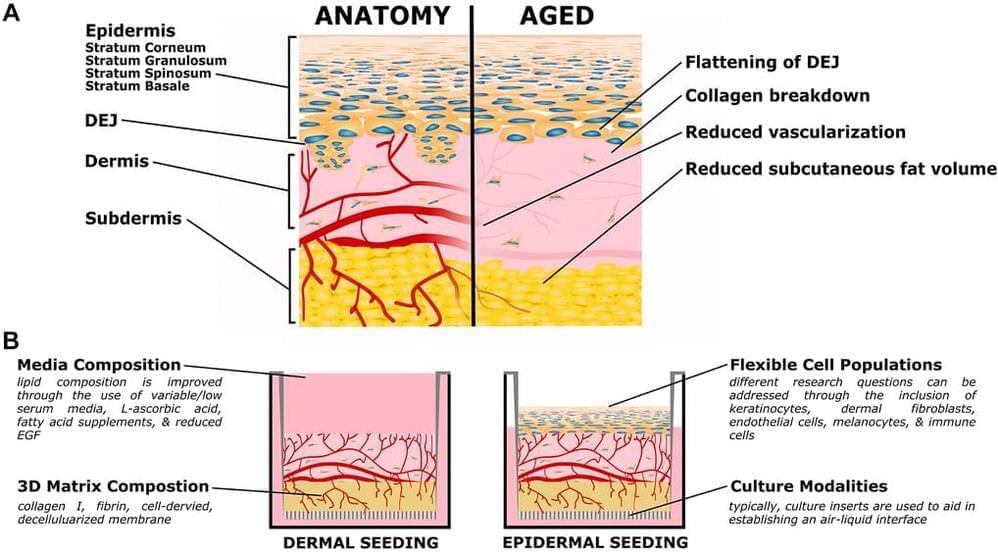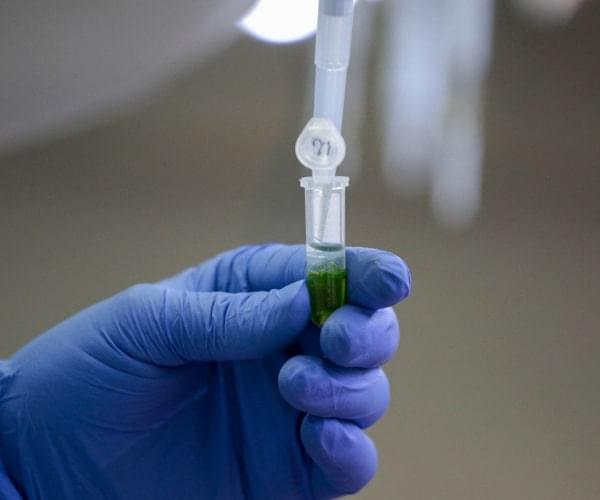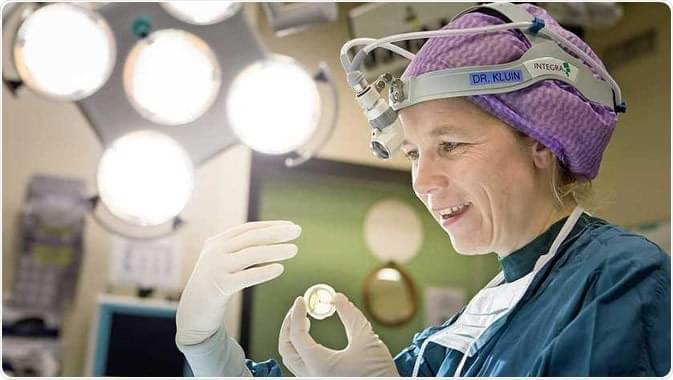Year 2020 face_with_colon_three
Scientists are working to end the need for human heart transplants by 2028. A team of researchers in the UK, Cambridge, and the Netherlands are developing a robot heart that can pump blood through the circulatory network but is soft and pliable. The first working model should be ready for implantation into animals within the next 3 years, and into humans within the next 8 years. The device is so promising that it is among just 4 projects that have made it to the shortlist for a £30-million prize, called the Big Beat Challenge for a therapy that can change the game in the treatment of heart disease.
The other projects include a genetic therapy for heart defects, a vaccine against heart disease, and wearable technology for early preclinical detection of heart attacks and strokes.
The need
There are about 7 million patients with heart and circulatory issues in the UK of which over 150,000 die every year. About 200 heart transplants occur each year in the UK alone, yet about 20 patients die in the same period while waiting for one. This is especially true if the patient waiting for one is a baby who was born with a defective heart, since babies need to have hearts transplanted from other babies – who must have died. And even with a successful transplant, strong immunosuppressive drugs must be started and often continued lifelong so that immune rejection does not occur. This is, however, accompanied by a higher risk of infectious and other complications.





